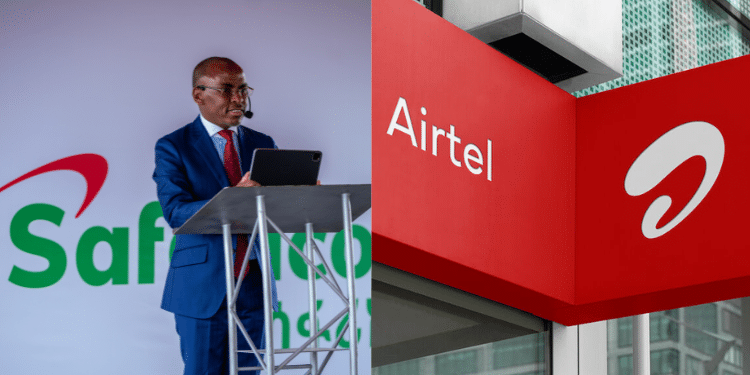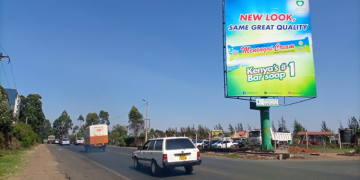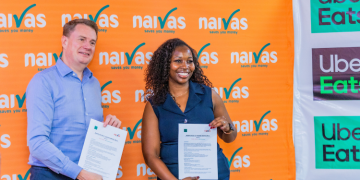According to a report by the Central Bank of Kenya, the FinAccess report indicates that men have been the primary users of mobile money.
In the FinAccess Household Survey 2024, men dominated the mobile transaction with 61%, which translates to 5.3 trillion, while women had 39% translating to 3.4 trillion of the 8.7trillion moved in the mobile money.
Men transact larger volumes of money than women. The mobile money transactions are facilitated through M-Pesa, Airtel Money, and T-Kash.
Income Inequality Continues to Shape Digital Finance
The FinAccess report shows that men earn an average of Sh47,571 per month, while women earn an average of Sh34,847.
Also Read: How to Get a CRB Clearance Certificate Using M-PESA App
These higher earnings enable men to make larger transactions related to business, supplier payments, loans, and investments. Most women use mobile money for daily activities, including household purchases, especially those who work in the informal sector
Financial Inclusion Hits Record Highs
The survey also revealed that 84.8% of Kenyan adults now have access to formal financial services, including M-Pesa, Airtel Money, and T-Kash, as compared to 83.7% in 2021. The daily usage of mobile money increased from 23.6 % in 2021 to 50.2%, noted the report. This shows that most Kenyans are relying on mobile money to run their daily activities.
The gender gap has reduced to just 1.6%, with 85.7 % of men and 84.1% of women accessing the digital formal services, as compared to 5.2% in 2021. This marks a major achievement in Kenya in digital financial growth, because mobile money transactions are easy and reliable.
KRA Barred from Imposing 16% VAT on Mobile Money Systems
Even as mobile money usage continues to rise, the Kenya Revenue Authority was barred from imposing a 16% VAT on Bank and Mobile Money Systems.
Digital payments service provider Pesapal Limited had challenged the KRA for charging VAT on commissions earned from these services.
Also Read: Fuliza Users Hit 9.1 Million as Demand for Short-Term Loans Rises
The court judgment delivered on August 27, 2025, by Justice Rhoda Rutto, has since overturned an earlier ruling by the Tax Appeals Tribunal made on November 26, 2021, declaring that commissions earned by licensed Payment Service Providers (PSPs) are exempt from VAT.
The Court found that the appellant’s activities of receiving, storing, and transferring money are similar to traditional financial services. These functions fall within the scope of financial services as understood in the VAT Act.
Follow our WhatsApp Channel and X Account for real-time news updates








































































